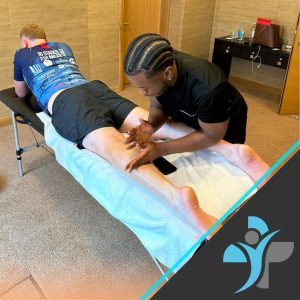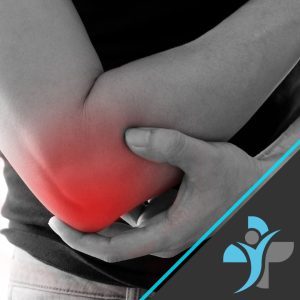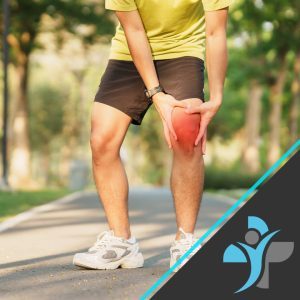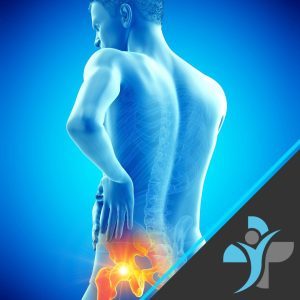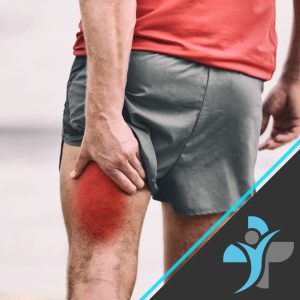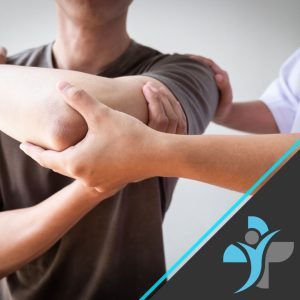Sports Therapy
Sports therapy is a rapidly growing field in the UK, providing specialised treatment and rehabilitation for sports-related injuries. Unlike traditional physiotherapy, which is widely used across the NHS and private healthcare, sports therapy takes a more hands-on approach, focusing on injury prevention, treatment, and rehabilitation within a sports specific setting. At LiveWell, we are proud to be the leading provider of fit again sports therapy, employing more sports therapists than any other company in the UK. Our expert team is dedicated to helping athletes and active individuals recover from injuries, improve performance, and prevent future setbacks.
What Is Sports Therapy?
Sports therapy is a distinct profession requiring a separate university degree from physiotherapy. While physiotherapists focus on rehabilitation through exercise and various treatment modalities, sports therapists specialise in hands-on therapy and dynamic rehabilitation techniques tailored specifically for athletes. A sports injury therapist is highly trained in evaluating, treating, and preventing sports-related injuries. Most professional football, rugby, and cricket clubs employ in-house sports injury therapists to ensure their players receive immediate and effective care. At LiveWell, our team of high qualified sports therapists has completed specialised degrees in sports therapy and additional certifications in: medical acupuncture, spinal manipulation, taping and much more.

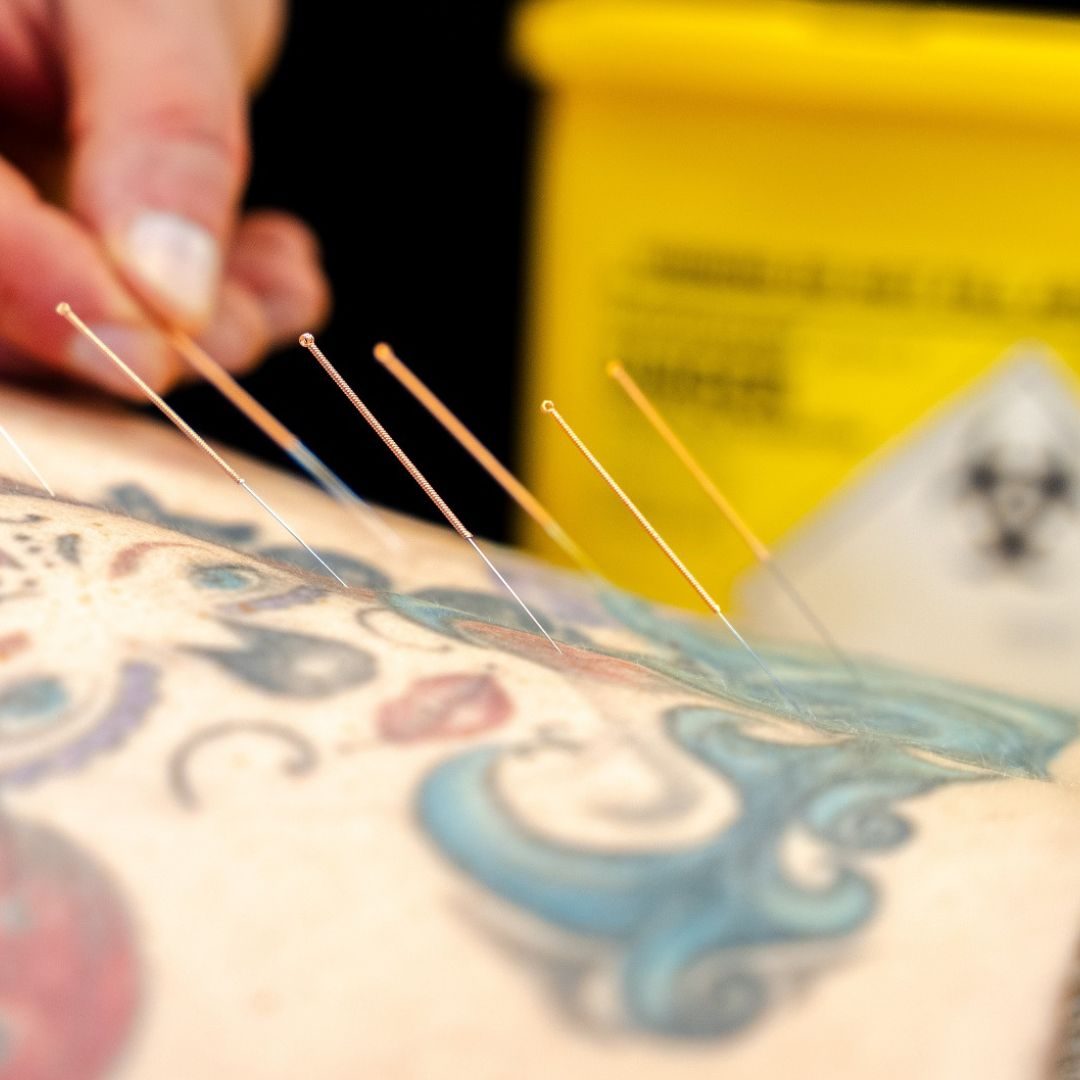

Benefits of Sports Therapy
Sports therapy is a specialised field of healthcare focused on the prevention, diagnosis, treatment, and rehabilitation of sports-related injuries and conditions. It combines principles from exercise science, physiology, and psychology to enhance athletic performance, promote recovery, and prevent injuries. Here are some of the key benefits of sports therapy:
1. Injury Prevention
One of the primary benefits of sports therapy is the prevention of injuries. Sports therapists assess an athlete's biomechanics, posture, and movement patterns to identify potential risks and implement preventive strategies. This might include designing personalised exercise programs, recommending proper warm-up and cool-down routines, and advising on the correct use of equipment. By addressing these factors, sports therapy helps reduce the likelihood of injuries, allowing athletes to perform at their best.
2. Enhanced Performance
Sports therapy not only helps in recovering from injuries but also plays a significant role in enhancing athletic performance. Therapists work with athletes to improve strength, flexibility, endurance, and coordination. By addressing any imbalances or weaknesses, sports therapy ensures that the body functions optimally, which can lead to better performance in sports and physical activities. Techniques such as plyometric training, agility drills, and sport-specific conditioning are often used to achieve these goals.
3. Faster Recovery
In the event of an injury, sports therapy is essential for a swift and effective recovery. Sports therapists use a combination of manual therapy, electrotherapy, and rehabilitative exercises to reduce pain, restore function, and expedite the healing process. Sports therapy focuses on regaining full strength and mobility, minimising the time an athlete spends away from their sport. Early intervention and structured rehabilitation programs are critical components that help athletes return to their activities sooner and in better condition.
4. Pain Management
Effective pain management is a significant benefit of sports therapy. Therapists employ various techniques, such as massage, mobilisation, taping, and ultrasound therapy, to alleviate pain and discomfort associated with injuries. These methods help reduce inflammation, improve circulation, and promote healing, providing relief from acute and chronic pain conditions. Additionally, sports therapists educate athletes on pain management strategies and injury-specific exercises that can help manage symptoms and prevent further issues.
5. Individualised Care
Sports therapy provides tailored care that meets the specific needs of each athlete. Therapists conduct thorough assessments to understand the unique demands of the athlete's sport, their injury history, and their current physical condition. Based on this information, they develop customised treatment plans that address the individual’s goals and challenges. This personalised approach ensures that the therapy is both effective and efficient, catering to the athlete’s unique requirements.
6. Improved Mental Health
The psychological benefits of sports therapy are often overlooked but are equally important. Engaging in a structured rehabilitation program and achieving physical milestones can boost an athlete’s confidence and motivation. Sports therapists also provide emotional support and coping strategies to deal with the stress and frustration that often accompany injuries. By addressing the mental and emotional aspects of recovery, sports therapy helps athletes maintain a positive outlook and stay mentally resilient.
7. Long-term Health and Wellness
Sports therapy emphasises the importance of long-term health and wellness. Therapists educate athletes on proper body mechanics, injury prevention techniques, and healthy lifestyle choices. This education helps athletes maintain their physical health and well-being beyond their sports careers. By fostering a culture of health awareness and proactive care, sports therapy contributes to the overall longevity and quality of life for athletes.
In conclusion, sports therapy offers a wide range of benefits that extend beyond injury treatment. By focusing on injury prevention, performance enhancement, pain management, individualised care, mental health, and long-term wellness, sports therapy plays a vital role in supporting athletes at all levels. Whether recovering from an injury or striving to reach peak performance, athletes can significantly benefit from the comprehensive care provided by sports therapists.
Other physio services you may be interested in...
At LiveWell, we offer a range of rehabilitation and performance-enhancing services to help you stay fit, recover faster, and prevent injuries. Whether you need physiotherapy, injury rehabilitation, or strength and conditioning coaching, our expert team is here to support your journey to peak performance.

Physiotherapy
Physiotherapy is focused on diagnosing, treating, and preventing physical impairments and disabilities through methods such as manual therapy, exercise, and education.
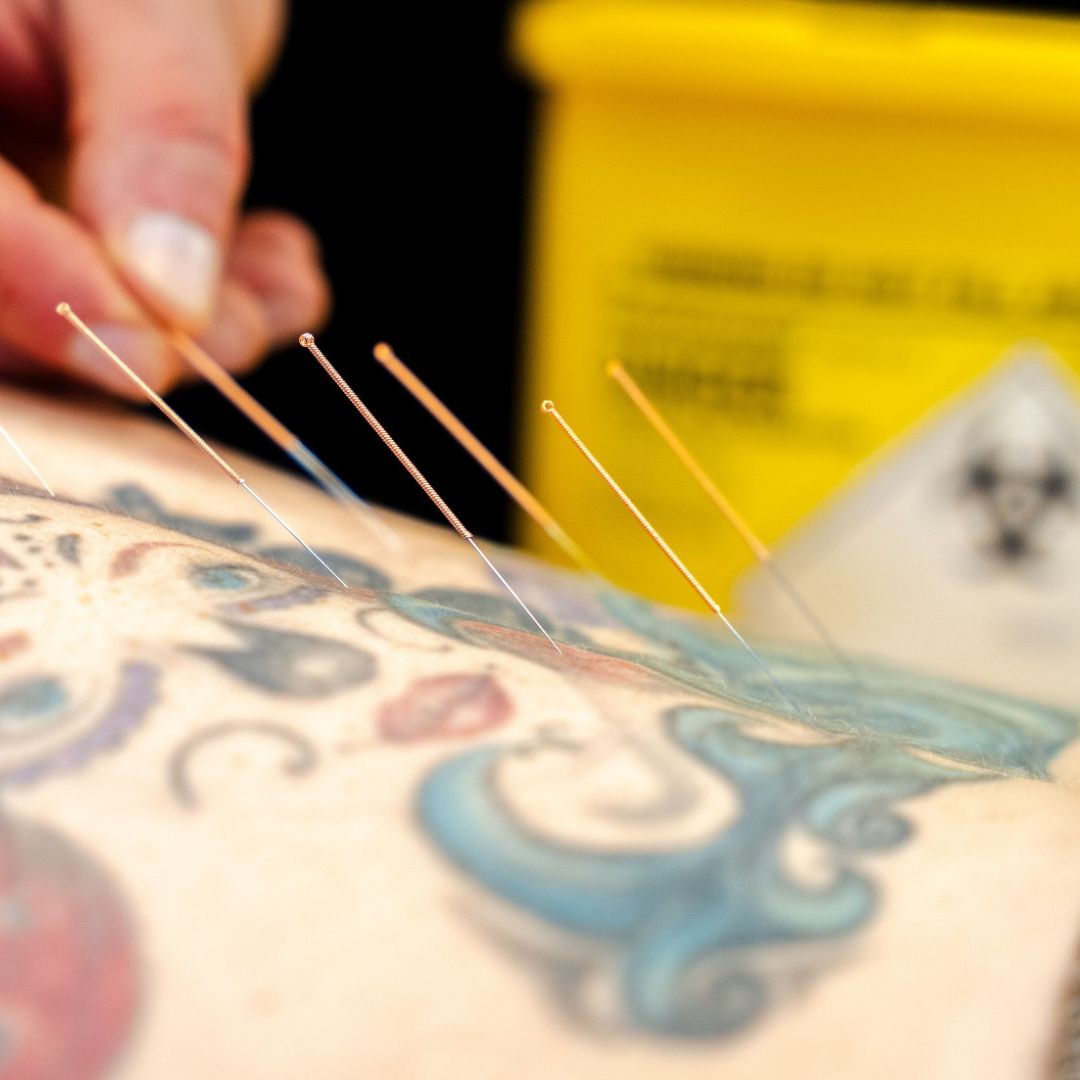
Medical Acupuncture
Medical acupuncture is a therapeutic practice that involves inserting fine needles into specific points on the body to alleviate pain, promote healing, and improve overall health.
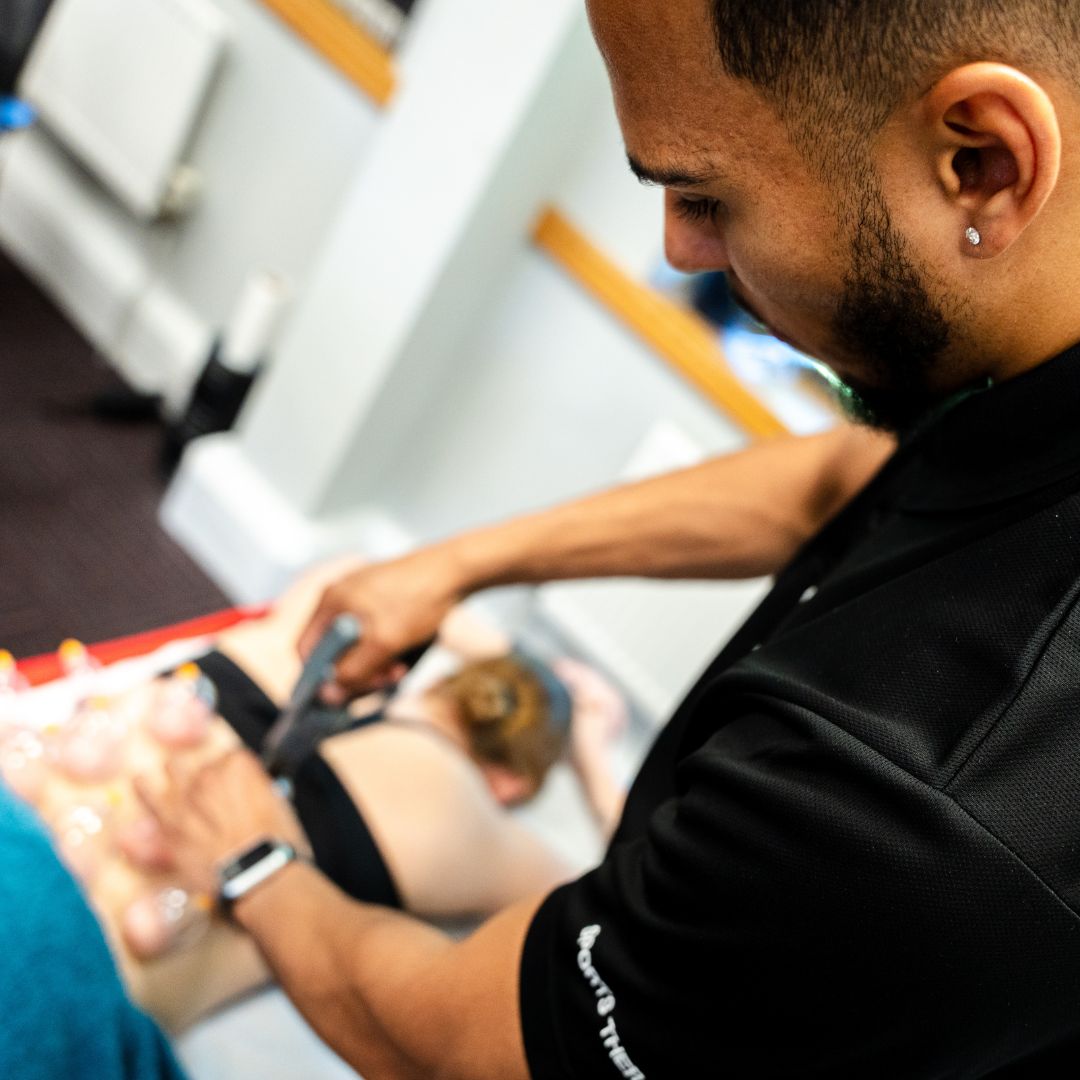
Cupping Therapy
Cupping therapy is an ancient form of alternative medicine in which special cups are placed on the skin to create suction, helping to improve blood flow and reduce muscle tension.

Spinal Manipulation
Spinal manipulation is a therapeutic technique involving the application of controlled force to spinal joints to improve mobility, reduce pain, and enhance overall function.
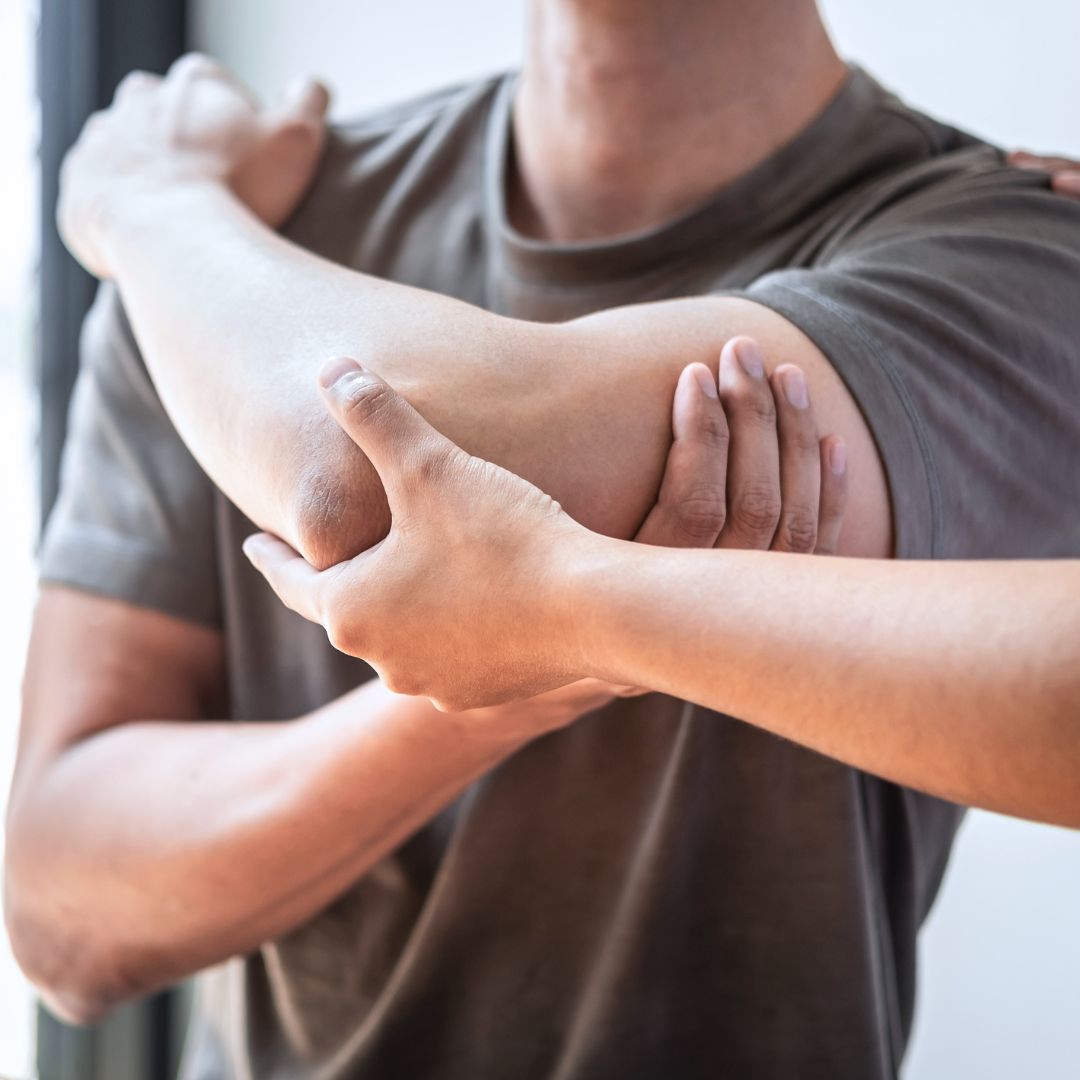
Injury Rehabilitation
Injury rehabilitation is a systematic process of restoring function, strength, and mobility following an injury through tailored therapeutic exercises, treatments, and interventions.

Taping
Taping is a technique used to support and stabilize muscles and joints, prevent injuries, and aid in the recovery of existing injuries by applying adhesive strips to the skin.
Some of our recent sports therapy posts...
Ready to book your sports therapy session?
If you would like to make a booking with one of our sports therapists for your sports therapy, then please use the link provided.
Locations we service
As part of our domestic services, we operate across the United Kingdom, providing mobile in home services as well as providing clinic locations. Some of the areas we cover, including surrounding towns and villages up to 25 miles in all directions are listed below, however this is not an exhaustive list. If your area is not mentioned but you want to benefit from our services, please contact us directly via our contact page.
Some of our areas are:
- Birmingham - Sutton Coldfield, Solihull, Walsall, West Bromwich, Wolverhampton, Stourbridge, Halesowen, Smethwick, Lichfield and Tamworth.
- Colchester - Tiptree, Wivenhoe, Stanway, West Mersea, Marks Tey, Rowhedge, Brightlingsea, Layer-de-la-Haye and Great Horkesley.
- Coventry - Canley, Tile Hill, Wyken, Whitley, Earlsdon, Radford, Cheylesmore and Foleshill.
- Derby - Chesterfield, Ilkeston, Swadlincote, Belper, Long Eaton, Glossop , Staveley, Ripley and Heanor.
- Gloucester - Cheltenham, Stroud, Tewkesbury, Cirencester, Dursley, Cinderford, Lydney, Coleford and Stonehouse.
- Leicester - Loughborough, Hinckley, Wigston, Melton Mowbray, Coalville, Market Harborough, Oadby, Shepshed and Syston.
- Leeds - Horsforth, Morley, Garforth, Pudsey, Wetherby, Rothwell, Guiseley, Otley and Yeadon.
- Sheffield - Chapeltown, Ecclesfield, Stocksbridge, Darnall, Woodseats, Hillsborough, High Green, Stannington and Mosborough.
- Barnsley - Wombwell, Hoyland, Cudworth, Penistone, Royston, Darton, Darfield, Mapplewell and Grimethorpe.
- Bradford - Keighley, Shipley, Bingley, Ilkley, Baildon, Silsden, Clayton, Queensbury and Haworth.
- Liverpool - Childwall, Allerton, Aigburth, Broadgreen, Canning, Childwall, Church and Clubmoor.
- London - Croydon, Barnet, Bromley, Enfield, Wandsworth,Greenwich, Brent, Newham, Lambeth and Ealing.
- Maidstone - Sittingbourne, Bearsted, Coxheath, East Farleigh, Allington, Loose, Penenden Heath, Barming, Boughton Monchelsea and Shepway.
- Manchester - Bolton, Stockport, Oldham, Rochdale, Salford, Wigan, Bury, Altrincham and Sale.
- Nottingham - Mansfield, Hucknall, Beeston, Carlton, West Bridgford, Worksop, Arnold, Newark-on-Trent and Retford.
- Telford - Dawley, Donnington, Hadley, Ketley, Madeley, Malinslee, Oakengates, Priorslee, Stirchley and Wellington.
- Wolverhampton - Bilston, Wednesfield, Penn, Tettenhall, Oxley, Whitmore Reans, Finchfield, Merridale and Codsall.
- Worcester - Redditch, Bromsgrove, Kidderminster, Malvern, Stourport-on-Severn, Evesham, Droitwich Spa, Bewdley and Pershore.



